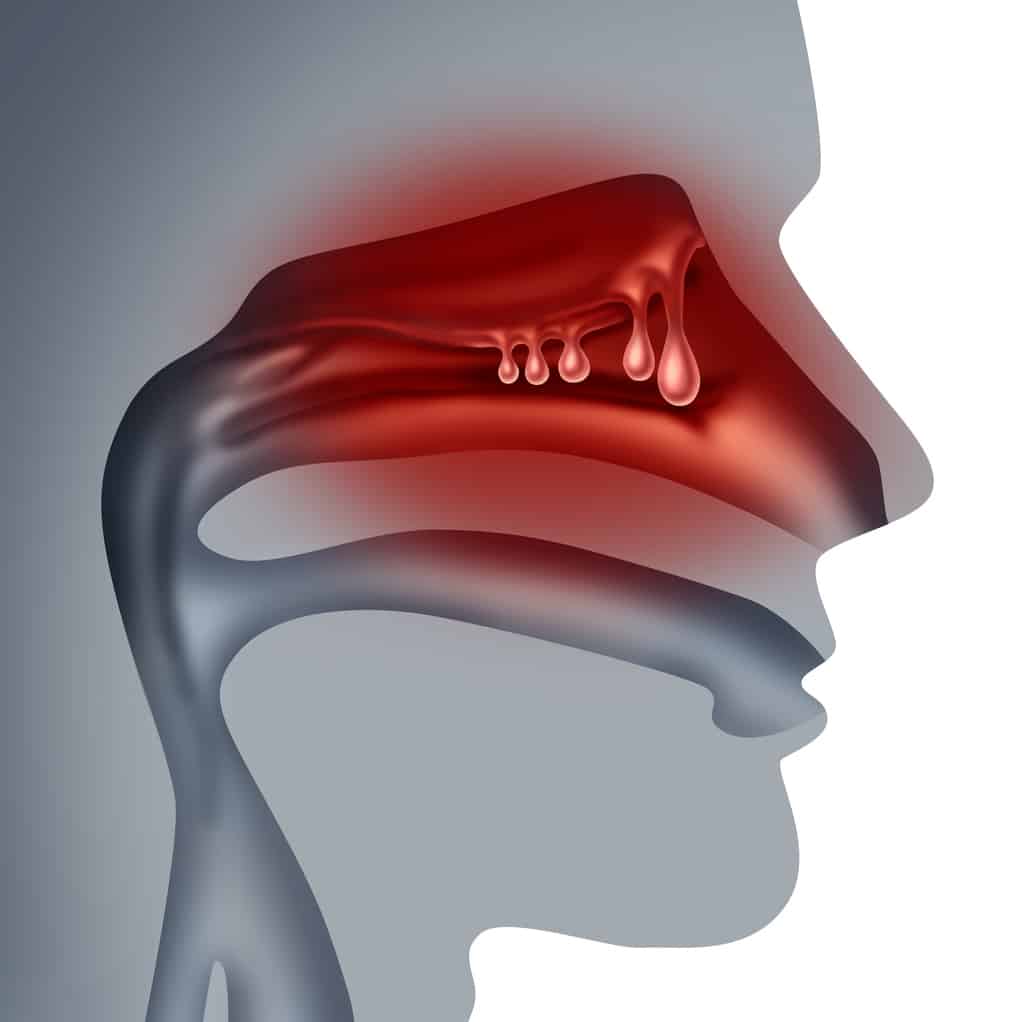Nasal polyps are small, teardrop-shaped growths that develop in the nasal passages and sinuses due to chronic inflammation, often from conditions like allergies. If you regularly experience congestion, loss of smell, sinus infections or pressure around your nose that isn’t relieved by other treatments, surgery may be the next step. Here’s what you need to know about the nasal polyp removal procedure, the recovery process and essential aftercare tips.
Nasal Polyp Removal Procedure

The surgical procedure for nasal polyp removal, called endoscopic sinus surgery, is typically completed as an outpatient surgery in about 30 minutes, allowing most people to go home the same day.
First, your doctor will administer general anesthesia. Using a tiny tube with a camera and light, the surgeon can see inside your nasal and sinus cavities. Specialized instruments are then used to remove the polyps and any other obstructions. The surgeon may also widen the nasal and sinus passageways to help improve airflow and reduce the chance of polyp recurrence.
Recovery Process After Nasal Polyp Surgery
The body’s response to the removal procedure plays a significant role in recovery. Most people can return to work within a week, though a full return to normal activities usually takes around three weeks.
Keep in mind that it might take a few months to feel entirely back to normal. Follow-up visits with your doctor will be necessary for several months after surgery to monitor healing and prevent complications.
During the recovery period, you can expect the following:
- Some bloody nasal discharge for about three to five days; Afrin spray may be helpful to control this.
- Mild achiness in your nasal and sinus areas for a few days, which can often be managed with Tylenol®.
- A feeling of fatigue for about a week, so taking time off from work is recommended.
Aftercare Tips Following Nasal Polyp Removal
Proper aftercare is essential to support healing and prevent issues. Here’s what to avoid and what to practice after your surgery:
Avoid for one to two weeks after surgery
- Blowing your nose, as this can disrupt healing
- Intense physical activity or exercise
- NSAIDs like aspirin that can increase bleeding risk
- Steroid nasal sprays unless prescribed by your doctor
Recommended practices for effective recovery
- Use saline nasal spray to keep the nasal passages moist
- Perform sinus irrigation to remove mucus and prevent infection
- Attend all follow-up appointments to monitor progress
For more information on nasal polyp treatment options or to schedule a consultation, reach out to Willamette ENT & Facial Plastic Surgery.
“Had a great experience. Got in very quick and felt safe with covid protocol! Everyone was extremely nice.”